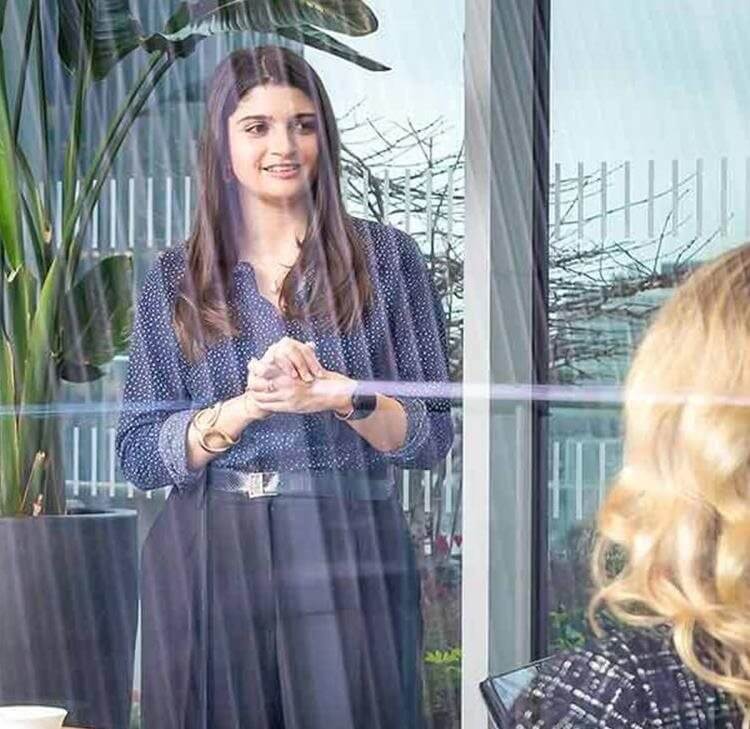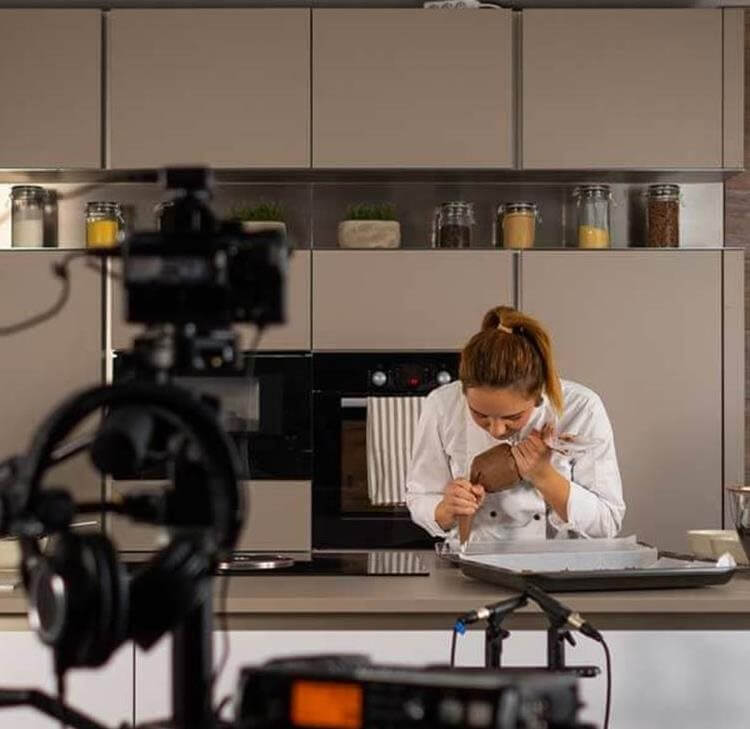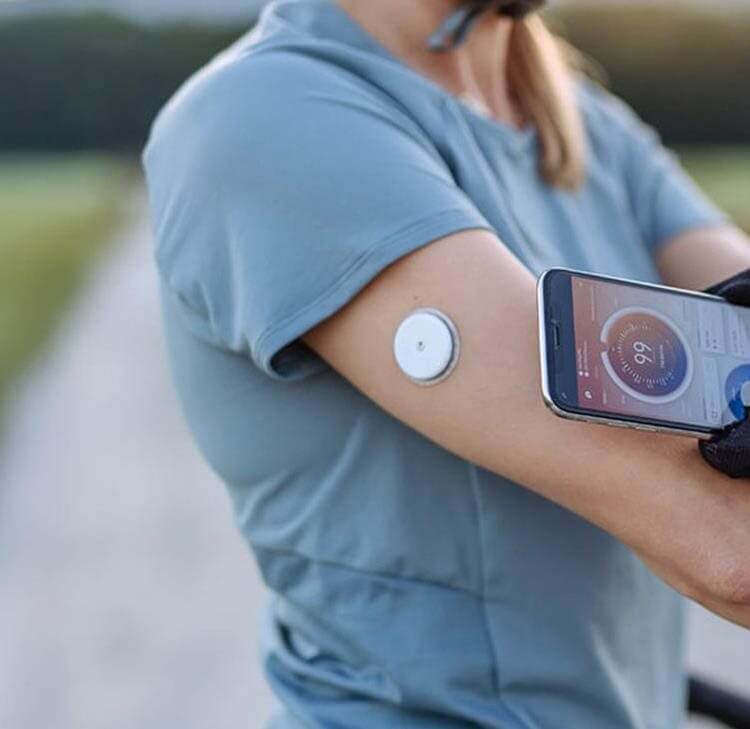
Complex licensing, R&D and collaboration lawyer services
Establishing licensing structures which seek to grant different rights of use across different fields and applications and within different jurisdictions can seem complicated and challenging. Choosing the right licensing model for your business and putting in place the right documentation is essential to ensure that you maximise the value of any IP exploitation and effectively manage your licensing arrangements. An ad hoc and reactive licensing programme may lead to inefficient licensing, loss of revenues, difficulties in monitoring licensee activity and the granting of conflicting licences which could lead to licensee claims.
We have significant experience of advising a wide range of clients across numerous sectors on complex licensing arrangements. We carefully review existing licensing structures, the IP rights to be licensed and, current business strategy, as well as our client’s current licensing objectives. We help our clients to develop and implement an efficient and effective licensing structure with associated documentation that compliments their business strategy, meets their licensing objectives and which can be managed independently by the business.
R&D and collaboration arrangements can also involve complex licensing and ownership issues including use of background IP contributed by the parties for purposes outside of the project and the use of project foreground IP by the project participants, both for academic and commercial exploitation purposes.
We have extensive experience of R&D and collaboration agreements with members of the team having participated in secondments at a leading global engineering business, dealing with these types of arrangements on a daily basis. We understand the requirements and challenges faced by industrial participants and research organisations and the industry ‘ways of working’, as well as the issues associated with government funded projects including State aid considerations.
What we do
- Advising you on appropriate licensing models - for the exploitation of your IP assets including reviewing existing licensing structures and your current licensing objectives.
- Drafting and helping you to implement new licensing agreements - including the provision of template agreements with guidance on when and how documents are to be used by the business, as well as providing training to staff on the use of documents if required.
- Drafting and negotiating R&D and collaboration agreements.
- Specialist IP exploitation team - across our Birmingham, Nottingham and London offices drawing on experience from the worlds of engineering, electronics, telecommunications and biotechnology to deliver a service that understands industry and innovation.
- Advising industrial participants and research organisations on R&D and collaboration arrangements - including the licensing of background IP and the ownership and exploitation of project foreground IP, and the implications of government funding on the ownership of foreground IP, including State aid considerations.
Featured experience
A world leader in 3D holographic technology
Advising a world leader in 3D holographic technology on the restructuring of its existing global licensing structure. We carried out a detailed review of their existing licensing model and agreements and helped them to implement a more accessible and efficient one. This included identifying each of the different and separate licensing and exploitation arrangements which they were using and advising on which were appropriate to which situations. We also prepared a suite of standard template agreements, with guidance on when and how each should be used, ensuring the template agreements contained robust provisions for the identification, reservation and protection of our client's IP assets. Finally, we assisted with implementing the first tranche of licensing and exploitation agreements including with partners in Slovenia, India, Korea, Hong Kong and Russia. This enabled our client to see how the template agreements would be negotiated, completed and implemented in reality.
A large high street food retailer
We acted for a large high street food retailer who had engaged an international developer, producer and marketer of foodstuffs to develop a non-animal based mix of ingredients to substitute gelatine in confectionary products. We drafted and assisted in the negotiation of the R&D and exploitation agreement between the entities. This involved complex and difficult negotiations particularly around ownership and use of foreground IP. Key terms were concluded to the satisfaction of both parties including a programme of development works with milestones, ownership of foreground IP (recipes for gelatine substitute) by the food developer, obligations on the developer to seek patent protection for foreground IP, perpetual licence for the retailer to use recipes in the confectionary market under an exclusive licence for a defined period and an obligation on the retailer to purchase ingredients for recipe from food developer for exclusive licence period.
A major global engineering business
We have participated in a secondment at a major global engineering business advising on various R&D and collaboration arrangements with both industrial participants and research organisations. The work included drafting, reviewing and assisting with the negotiation of R&D and collaboration agreements, IP schedules and confidentiality agreements and advising on R&D contract structures and IP ownership under government funded projects.
Related expertise
Key contacts









































